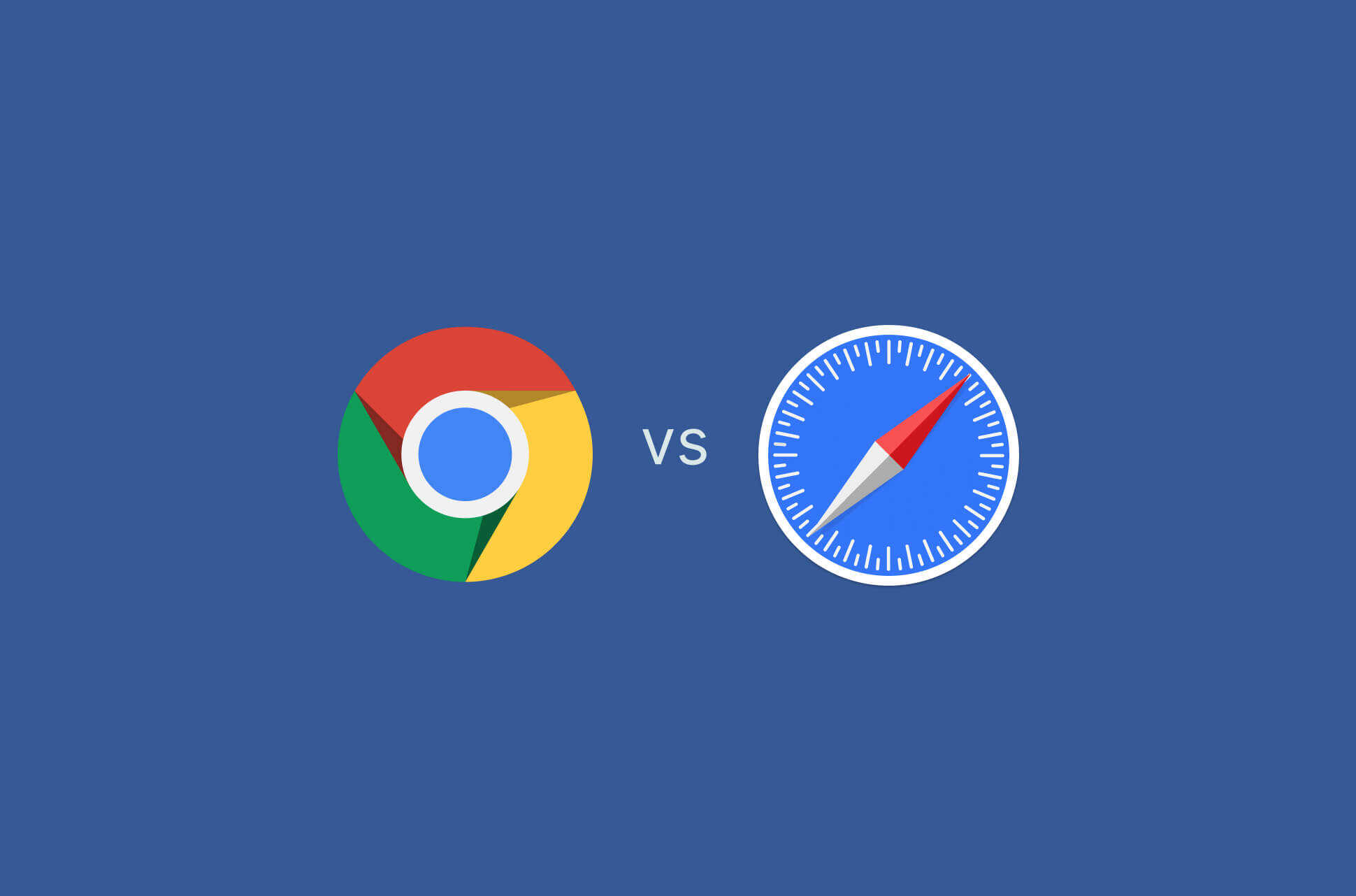Google is taking a significant step towards enhancing user privacy with the rollout of its Privacy Sandbox technology. The tech giant is replacing third-party cookies with a more privacy-forward approach that tracks topics of interest based on users’ browsing habits. This data can then be used by advertisers to deliver more relevant ads. Despite Google’s intentions, the rollout has faced criticism, with users complaining about a lack of information in the accompanying pop-up explanation.
Key Takeaway
Google is rolling out Privacy Sandbox, a technology aimed at replacing third-party cookies, to all Chrome users. The new privacy-focused feature tracks topics of interest based on browsing habits and enables advertisers to display more relevant ads. Users have control over this feature and can opt-out by adjusting their ad privacy settings. However, concerns have been raised about the implementation and potential limitations for non-Chromium browsers.
A Control-Focused Rollout
As part of the Privacy Sandbox rollout, users will gain access to controls for advertisements. The privacy sandbox experience will be enabled by default for those who click on the “Got it” button in the pop-up. However, users can opt-out of this feature by navigating to Settings > Privacy and Security > Ad Privacy > Ad topics. Disabling this feature will prevent advertisers from displaying targeted ads based on users’ topics of interest. Additionally, Chrome’s Ad Topics tab allows users to view and block any topics generated by the system that are considered irrelevant.
A Delayed Transition
Google Chrome, with over 60% market share, has been relatively slow in disabling third-party cookies compared to its rivals, such as Safari and Firefox. The company’s plan to phase out cookies faced several delays, as Google aimed to introduce an alternative for targeted advertising before blocking third-party cookies. In May, Google announced its intention to turn off third-party cookies by default for all users in the latter half of 2024, starting with a 1% rollout in Q1 of that year.
Concerns and Considerations
The introduction of the Privacy Sandbox has raised concerns among advertisers and developers. With Chrome driving a significant portion of web traffic, these industry stakeholders worry about the implications of adopting this new solution. While alternative methods to cookies have been explored by advertisers, some markets, such as India, continue to heavily rely on third-party cookies for ad spend.
Moreover, critics have highlighted potential issues with Google’s implementation. The W3C Technical Architecture Group (TAG) has expressed concerns over the Topics API’s limited support for non-Chromium browsers. This could potentially result in sites blocking or limiting the experience for users of other browsers. Additionally, marketing advocacy group Movement for the Open Web has raised concerns about the amount of personal data being gathered through the Privacy Sandbox, despite being sourced through an opt-in process that is difficult for many web users to avoid.

























